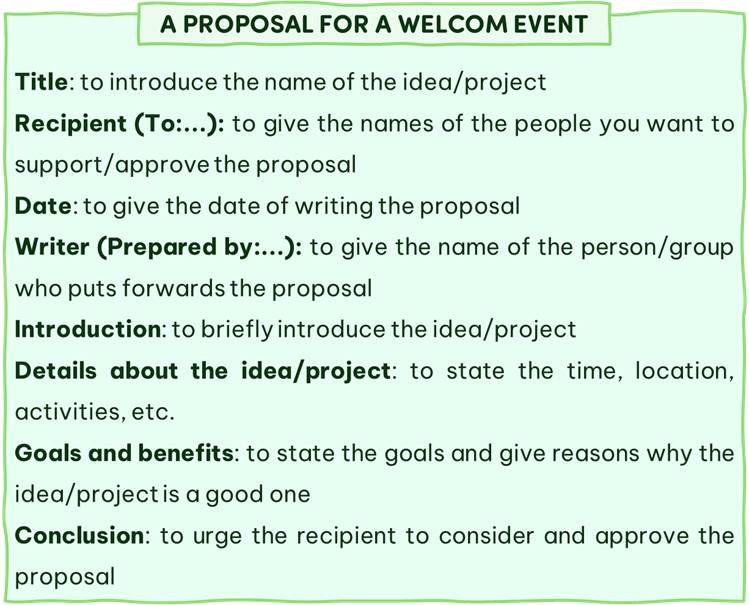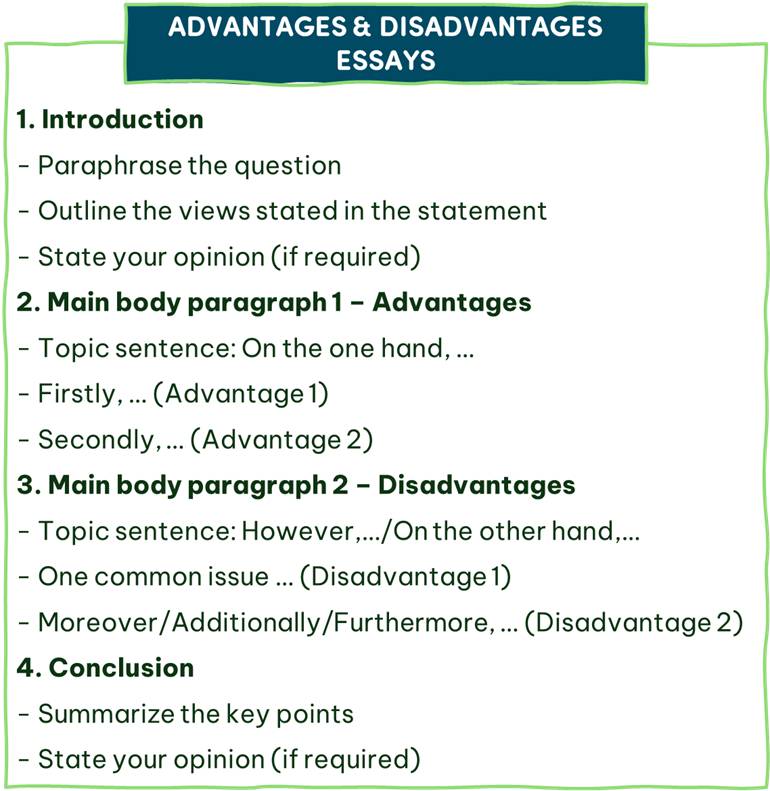Lập trình viên là gì? Học ngành gì để trở thành developer?
Trong thời kỳ chuyển đổi số hiện nay, hầu hết các Công ty đều cần tìm một đối tác đáng tin cậy để tích hợp công nghệ vào vận hành doanh nghiệp, từ xây dựng Web, phát triển Mobile App, áp dụng Blockchain, AI,... Vì vậy, nhu cầu nguồn nhân lực trong ngành công nghệ thông tin, đặc biệt là lập trình viên, đang tăng nhanh hơn bao giờ hết. Vậy lập trình là gì? Lập trình viên học ngành gì?... Tất cả sẽ được https://aphanmem.net/ giải đáp chi tiết trong bài viết dưới đây!
Lập trình viên là gì?Với những bạn mới bắt đầu tìm hiểu về Công nghệ thông tin và ngành lập trình viên, chắc hẳn đều sẽ có những thắc mắc như “Lập trình là gì?”, “Developer là gì?” hay “Developer là nghề gì?”.

Lập trình viên (developers) hay kỹ sư phần mềm dùng để chỉ những người sử dụng các ngôn ngữ lập trình khác nhau để thiết kế, xây dựng, sửa lỗi và bảo trì các phần mềm. Ví dụ, người lập trình các phần mềm trên hệ điều hành iOS sẽ sử dụng ngôn ngữ Objective-C và Swift, trong khi những developers của phần mềm hệ Android cần thành thạo về Kotlin.
Lập trình viên cần học những gì? Một trong những thắc mắc nhiều nhất của các bạn sinh viên khi xác định theo đuổi lập trình viên là “Lập trình viên học ngành gì?” hay “Lập trình viên cần học môn gì?”. Dưới đây là một số ngành học có thể trang bị cho bạn những kiến thức cần thiết về phát triển phần mềm:
Khoa học máy tính: Đây là ngành học dành cho các bạn trẻ đam mê nghiên cứu về máy tính. Bạn sẽ được trang bị mọi kiến thức liên quan tới máy tính, như thiết kế, chế tạo, vận hành và sửa chữa phần mềm, phần cứng và hệ thống. Một số môn trong ngành Khoa học máy tính là cấu trúc dữ liệu máy tính, trí tuệ nhân tạo (AI), ngôn ngữ lập trình, hệ điều hành, xử lý dữ liệu,... Tất cả đều rất có ích trong quãng đường trở thành lập trình viên sau này.
Hệ thống thông tin: Ngành học này sẽ trang bị cho bạn kiến thức về thiết bị và quy trình thu thập thông tin, phân tích, đánh giá, thiết kế hệ thống thông tin, quản trị,... Một số ngôn ngữ lập trình mà bạn sẽ học như Java, PHP, C#, SQL… Tuy nhiên, SQL sẽ được tập trung học nhiều hơn.
Kỹ sư phần mềm: Đây có lẽ là ngành học chuyên sâu và gần nhất nếu bạn muốn học lập trình IT. Bạn sẽ được trang bị những kiến thức cơ bản nhất về quy trình xây dựng và phát triển phần mềm, các công cụ phát triển, kỹ năng phân tích, thiết kế, lập trình, kiểm thử, vận hành và bảo trì phần mềm…
Sau khi tốt nghiệp những ngành nghề trên, tùy theo định hướng của bản thân (liệu bạn muốn trở thành frontend developers, backend developers hay full-stack developers) mà bạn sẽ phải trang bị thêm nhiều kiến thức và nhiều ngôn ngữ lập trình khác.
Công việc cụ thể của nghề lập trình viênVậy thì “Dev là làm gì?”. Nghề lập trình viên được chia thành các mảng khác nhau, như lập trình website, lập trình mobile app, lập trình game,... Ngoài ra, tùy thuộc vào kỹ năng và kiến thức bạn học lập trình viên, bạn có thể trở thành một backend developers (phát triển cơ sở dữ liệu, API và server) hay frontend developers (xây dựng giao diện phần mềm).

Dù ở vị trí công việc và mảng công việc nào, thì công việc chính của một người làm lập trình công nghệ thông tin bao gồm:
Xây dựng các đoạn code để tạo thành một phần mềm hoàn chỉnh.
Kiểm tra code định kỳ để đảm bảo code này mang tới những kết quả đáng mong đợi và thực hiện sửa lỗi khi cần thiết.
Thực hiện nâng cấp thường xuyên để đảm bảo tính bảo mật và hiệu quả của phần mềm và hệ thống.
Phối hợp với các technical writers để viết tài liệu hỗ trợ người dùng.
Nghiên cứu và phát triển công nghệ mới.
Để trở thành lập trình viên cần có những kỹ năng gì?Bên cạnh những kiến thức chuyên môn, để trở thành một lập trình công nghệ thông tin giỏi, bạn cần trang bị cho mình một số kỹ năng sau đây:
Kỹ năng tiếng anh để đọc, hiểu các tài liệu vì phần lớn các đoạn mã lập trình hiện nay đều được viết bằng tiếng Anh.
Kỹ năng giao tiếp và làm việc nhóm giúp bạn dễ dàng làm việc và trao đổi với những vị trí khác trong team: PM, BA, Tester,...
Kỹ năng tư duy, phân tích logic để nhanh chóng nắm bắt thông tin kỹ thuật phức tạp và theo sát mạch công việc.
Kỹ năng giải quyết vấn đề giúp các nhà lập trình viên nhanh chóng xác định và giải quyết các vấn đề trong quá trình thực hiện phần mềm.
Kỹ năng chú trọng chi tiết và tỉ mỉ do tính chất phức tạp của công việc lập trình đòi hỏi các developers phải làm việc một cách cẩn thận. Nếu có bug trong quá trình phát triển thì bạn sẽ mất rất nhiều thời gian và công sức để khắc phục.
Kỹ năng tự học giúp bạn nhanh chóng cập nhật những công nghệ và kiến thức mới để áp dụng vào việc phát triển phần mềm.
Kỹ năng làm việc trong môi trường áp lực để bạn “tồn tại” và phát triển trong ngành công nghệ thông tin phát triển như vũ bão hiện nay.
Tại sao nên thử sức với ngành lập trình viên?Trước hết, trong thời đại số hóa như hiện nay, nhu cầu về nhân sự lập trình viên không ngừng tăng lên. Theo thống kê của viện Chiến lược CNTT, Việt Nam cần khoảng 50.000 nhân lực ngành CNTT nữa mới đáp ứng nhu cầu xã hội. Vì thế, bạn có thể dễ dàng lựa chọn một công ty phù hợp với nhu cầu của bản thân và không lo sợ thất nghiệp.

Ngoài ra, những người theo học lập trình viên có thể nhận mức lương tốt nhất hiện nay. Theo nghiên cứu, mức lương của lập trình viên với kinh nghiệm 1-3 năm là khoảng 13-20 triệu/ tháng, trong khi những developers 5 năm kinh nghiệm có thể nhận tới 40-50 triệu/ tháng. Dĩ nhiên, mức lương bạn thực nhận còn phụ thuộc khá nhiều vào kết quả công việc và quy mô dự án. Tuy nhiên, không thể phủ nhận rằng lĩnh vực IT có khả năng nâng bậc lương và tăng lương nhanh nhất.
Xem thêm tại: https://aphanmem.net/lap-trinh-vien-la-gi-cac-nganh-can-hoc-va-kien-thuc-can-co/





